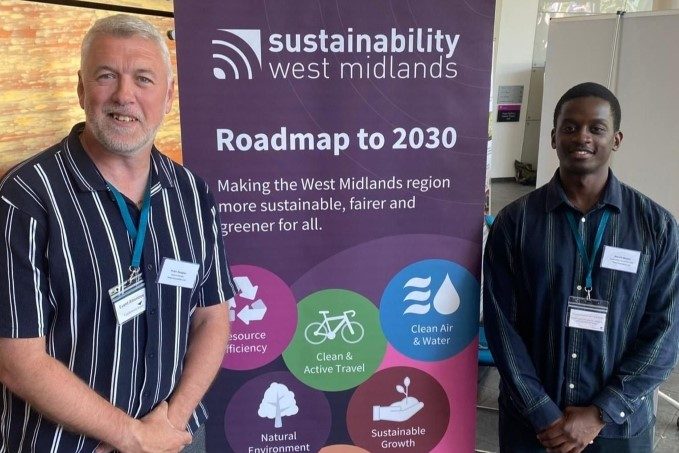In a UK-first for the automotive supply chain, Aston Business School is teaming up with West Bromwich manufacturer Metal Assemblies to calculate and report the carbon cost of every metal component used in car production.
The project will reportedly tackle one of the industry’s biggest sustainability challenges. Aston University said in a statement that it hopes the Knowledge Transfer Partnership (KTP) will transform how vehicle parts are made and regulated, setting a new standard for transparency and low-carbon manufacturing across Europe.
Metal Assemblies produces a wide range of machined metal components and welded assemblies, supplying Toyota, BMW and Nissan, among other manufacturers across the UK and Europe.
New environmental regulations, such as the EU Carbon Border Adjustment Mechanism, now require detailed data on the carbon cost of each vehicle component and place tariffs on carbon-intensive goods. Developing more sustainable approaches to manufacture vehicle parts will help the sector to limit these tariffs and support efforts to decarbonise the automotive industry.
Through the three-year KTP with Aston University, Metal Assemblies is gaining access to specialist data and operations expertise. The project will collect and analyse energy consumption data based on a product life-cycle analysis at Metal Assemblies and will create a sustainable manufacturing strategy for the company. This will allow it to better market different products based on their carbon content, giving it a competitive edge and ‘supercharging’ its plans to be the first in the sector to offer detailed carbon cost information.
Iain Collis, CEO of Metal Assemblies, said: “There isn’t yet a structured, robust approach in the automotive supply chain for measuring the carbon cost of parts and reporting this up the chain to customers.
“By working with Aston Business School to develop a systematic method for assessing environmental impact, we’ll be transforming this end of the supply chain in ways that provide value to our customers while differentiating ourselves from our competitors.”
The team will also use a concept called Sustainability Fitness, developed by Aston University academics, to measure how healthy and sustainable the company is. Using this approach, the project team expects to identify the most urgent and cost-effective improvements while also making sure the company stays competitive and meets regulations.
Dr Breno Nunes, reader in sustainability operations management at Aston Business School, said: “Through the Corporate Sustainability Fitness Model, we’ll be providing Metal Assemblies with a visual dashboard that clearly shows the company’s sustainability performance, trade-offs of each potential shift in their strategy, and a clear direction to take for a more sustainable future.”
Nunes added: “This offers a new way to think about sustainability – one that balances short-term economic needs and longer-term sustainability requirements.”
By enabling Metal Assemblies to work in partnership with customers to design more sustainable components, this KTP will support the wider sector to adopt alternative, lower-impact manufacturing techniques. The project builds on a previous digital transformation KTP between the two partners to design and embed automated Industry 4.0 manufacturing processes across Metal Assemblies.
Knowledge Transfer Partnerships, funded by Innovate UK, are collaborations between a business, a university and a highly qualified research associate. The UK-wide programme helps businesses to improve their competitiveness and productivity through the better use of knowledge, technology and skills.
Register now to receive our free daily business news emails…
